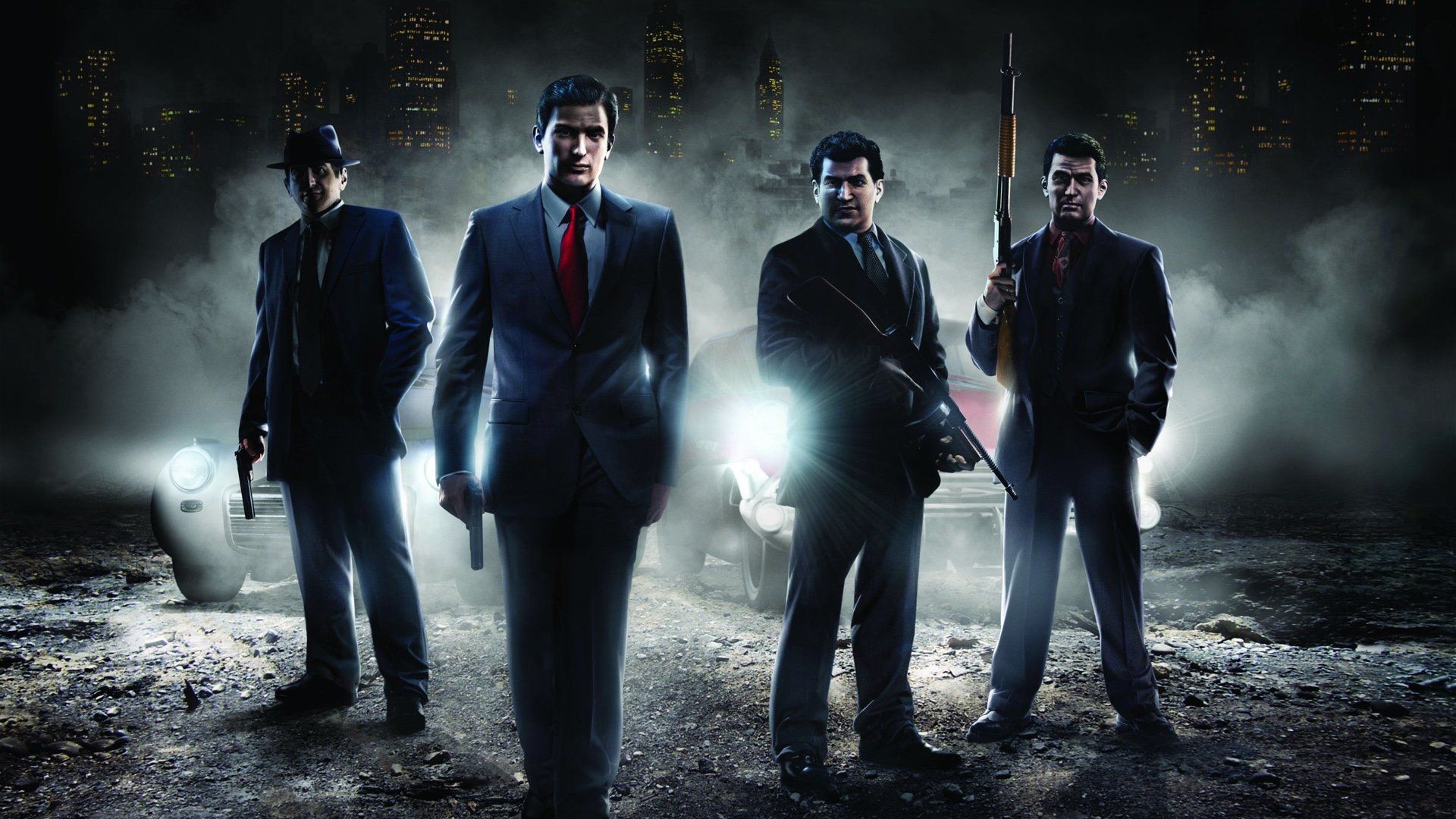
FAQ About Mafia Trope
Mafia Trope
2 years ago | gizem
How do Mafia-themed books portray the power dynamics within crime families?
Mafia-themed books often portray intricate power dynamics within crime families, shedding light on the hierarchical structures, leadership struggles, and shifting alliances that shape the criminal underworld. Here are some ways in which these books depict power dynamics within crime families:
- Leadership: Books within the Mafia trope explore the role of leadership within crime families. They depict the position of the boss or don and the authority they hold over the family members. The transfer of power, succession disputes, and the challenges of maintaining control are often key elements of the narrative.
- Hierarchy: Mafia-themed books illustrate the hierarchical structure within crime families. They showcase the ranks, such as capos, soldiers, and associates, and the obligations, loyalty, and respect expected within each level. The power dynamics between these roles and the enforcement of discipline are often explored.
- Internal Power Struggles: Power struggles within crime families provide significant conflicts in Mafia-themed books. Characters vie for influence, control over territories, and the favor of the boss, leading to internal rivalries, alliances, and betrayals. These power struggles drive the narrative and shape character arcs.
- Influence of Consigliere: The role of the consigliere, an advisor to the boss, is often depicted in Mafia-themed books. They offer guidance, resolve conflicts, and play a critical role in decision-making. The influence of the consigliere within the power dynamics of the family is explored, showcasing their sway over important decisions.
- Negotiation and Diplomacy: Power dynamics within crime families extend beyond brute force. Mafia-themed books portray the use of negotiation, diplomacy, and strategic alliances to maintain and expand power. Characters engage in delicate negotiations with rival families, law enforcement, and other factions to secure their interests.
- Loyalty and Oaths: The concept of loyalty is central to the power dynamics within crime families. Mafia-themed books depict the enforcement of loyalty through oaths, rituals, and the expectation of unwavering allegiance. Characters' actions and decisions are shaped by the intricate balance between personal interests and loyalty to the family.
- External Influences: Mafia-themed books also explore the impact of external influences on power dynamics within crime families. These influences can include rival families, law enforcement, political connections, and alliances with other criminal organizations. The ability to navigate and manipulate these external forces becomes a source of power and advantage.
